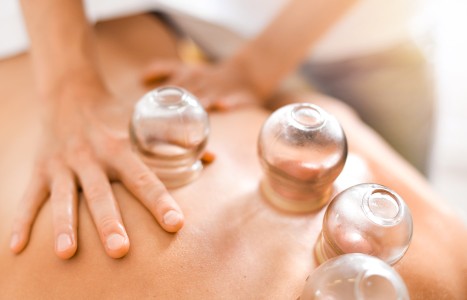Whether you accept it, avoid it or live somewhere in between, insurance coverage has become a defining issue for our profession. Patients increasingly expect to use their benefits, practitioners want to be compensated fairly for their time and expertise, and the system itself remains – at best – fragmented. The encouraging news is that coverage has expanded in meaningful ways. The challenging news is that reimbursement, across the board, remains inadequate.
Herbs & Botanicals
Benincasa Peel (dong gua pi)
What is benincasa peel? What is it used for?
Also known as the winter melon or the Chinese waxgourd, benincasa is a type of herb native to China. The benincasa is similar in appearance to a small watermelon, with bright, green skin. The fruit usually ripens in the late summer or early autumn; the peel is removed after the fruit has ripened and allowed to dry in the sun.
In traditional Chinese medicine, benincasa peel has sweet and slightly cold properties, and is associated with the Lung and Small Intestine meridians. The peel contains a variety of chemicals and nutrients, including vitamins B1, B2 and C, organic acids, starch, and inorganic elements as sodium and potassium. Its qualities make benincasa useful in promoting urination, especially when a person has edema caused by humidity. It also helps treat diarrhea. It is sometimes used with phaseolus seed and poria as part of a larger formula.
How much benincasa peel should I take?
The typical dose of benincasa peel is between 1.5 and 4.5 grams, powdered and used as a decoction. Larger doses (15-30 grams) can be used as necessary.
What forms of benincasa peel are available?
Sheets of dried benincasa peel can be found at some Asian markets and specialty stores. Powdered benincasa peel is also available at some herbal shops.
What can happen if I take too much benincasa peel? Are there any interactions I should be aware of? What precautions should I take?
As of this writing, there are no known side-effects or drug interactions with benincasa peel. As always, however, make sure to consult with a licensed health care provider before taking benincasa peel or any other herbal remedy or dietary supplement.
References
- Benincasa peel. HerbalShop Chinese herb database. Available online.
- Bown D. Encyclopaedia of Herbs and their Uses. London: Dorling Kindersley, 1995.
- Chevallier A. The Encyclopedia of Medicinal Plants. London: Dorling Kindersley, 1996.
- Dong Gua Pi. Available online.
- Duke JA, Ayensu ES. Medicinal Plants of China Reference Publications, Inc. 1985


